Top Level Design staff *love* Wikipedia and wiki culture, which explains why we applied for the .wiki gTLD in the first place! Recently, more than 2,000 wiki enthusiasts gathered in London for the tenth annual conference for the Wikimedia Foundation, the nonprofit organization which operates Wikipedia and its sister projects. Wikimania features presentations and discussions related to wikis, open-source software and technology, and free knowledge. Today’s blog post features Jason Moore, a longtime Wikipedia contributor, to share a bit about his experience at the conference.
Wikimania 2014 (Credit: Ralf Roletschek, CC-BY-SA 3.0 Austria)
First, a quick introduction. My name is Jason and I serve as Top Level Design’s official Wiki Evangelist! You may be wondering what this means. Well, it is my responsibility to lead the company’s wiki development with regards to specific wiki projects, to empower wiki adoption by individuals and companies, and to drive its growth into new wiki centric business opportunities.
I have been a daily contributor to Wikipedia for seven years, and in that time I have become pretty familiar with the many ways to contribute to the project and the guidelines established by the community. To satisfy my insatiable curiosity, I am constantly researching a wide variety of subjects, and I possess the skills needed to promote articles to quality status, coordinate WikiProjects (groups where editors focus on specific topics), organize in-person meetups and provide training to new editors find this. I’ve always appreciated the collaborative nature and limitless possibilities of wikis. My love for wikis hasn’t faded; in fact, it grows with time.
For you wiki fans who never jumped on the Wikipedia bandwagon, Wikimania is one of those amazing this-is-so-geeky-and-I-love-it conferences where participants have the opportunity to learn and teach simultaneously, match real faces and personalities to online usernames, and be inspired to continue contributing to the most famous of all wikis. Wikimania 2014 marked my second conference, having previously attended the one held in Washington, D.C. in 2012.
This year, the conference was a little different for me because in some ways I was wearing two hats. First and foremost, I was there because of my work within the Wikimedia movement. But inevitably, I would be asked, “What do you do?” After providing an overview of my volunteer endeavors, I would then hand over my business card and explain a bit about my “real life” work at Top Level Design. And, of course, I was always sure to share my official title with a smile: Wiki Evangelist. This often prompted widened eyes and raised eyebrows out of excitement and curiosity. I quickly learned that among the many wiki enthusiasts, I was one of the lucky few who was one by profession (which I do not take for granted). I was able to speak with attendees about the many other purposes served by wikis in the public and private spheres. Experienced Wikipedians and those familiar with the domain industry immediately understood Top Level Design’s work and the need for wikis separate from Wikipedia. Some attendees shared about the other wikis they edit as a volunteer or fan, or in their own office.
When questioned by newer contributors why there would be a need for wikis other than Wikipedia, I often resorted to a hypothetical example, basketball.wiki, where I envisioned a wiki about all things basketball, with entries for every professional NBA franchise, player and coach, among other articles. I explained that the wiki could have its own culture and rules, and would not require the same notability standards and policy debates associated with Wikipedia. My goal was (and is) never to criticize Wikipedia, which I know and love, but rather to suggest that wikis can serve other purposes and cater to niche audiences. I would even argue that having people contribute to alternate wikis can help Wikipedia, which is always working on editor recruitment and retention, in the long run.
Finally, I would suggest they check on the availability of (their name).wiki, which was again often met with curiosity and anticipation. If you want to start a passion based on personal wiki, act fast!
Wikimania not only provided me the opportunity to see familiar faces and meet new wiki enthusiasts, but it reminded me of the many ways Wikipedia and wikis in general serve as platforms for collaboration and access to information. From the Education Program, which supports the use of Wikipedia and related projects in teaching environments, to the GLAM Program, which partners the wiki community with cultural institutions (Galleries, Libraries, Archives and Museums), the ways to use wikis for cooperation and content management are vast and varied. Public and private wikis being used for blogging, as intranets and news archives, and for notetaking and many types of content display. I look forward to seeing how the wiki community continues to evolve. And perhaps I will see you at the next Wikimania!
